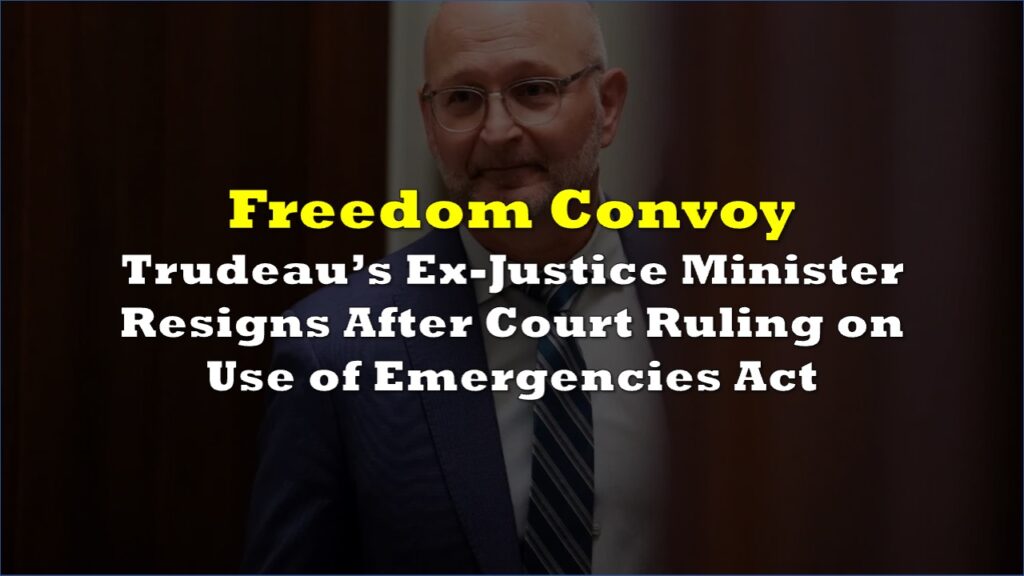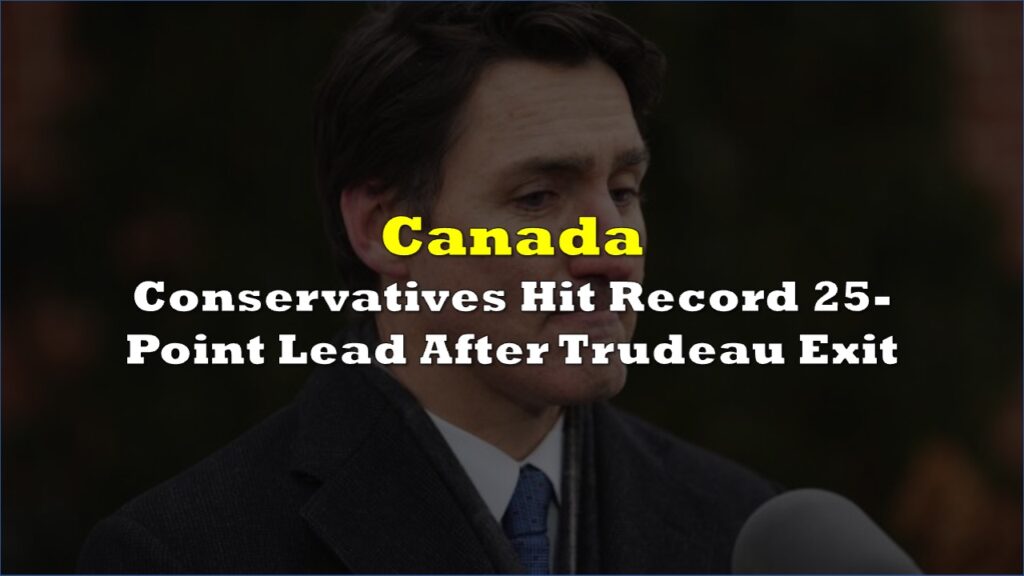On Wednesday, the Liberals, NDP and Bloc voted in favor of carbon tax hikes, smashing the plea of the Conservatives to no longer add to the inflated living costs that Canadians already have to bear.
Every single Liberal, NDP and Bloc MP just voted in the House to support the planned tripling of the Carbon Tax.
— HoCStaffer (@HoCStaffer) September 28, 2022
The previous day’s debate between the Conservative party’s new leader Pierre Poilievre and Terry Duguid, parliamentary secretary to the Minister of Environment and Climate Change, focused more on whether the tax hike is a climate change effort or a cost of living problem.
According to an analysis by the Globe and Mail’s Patrick Brethour, while both parties presented arguments and weaved narratives that omitted inconvenient bits of information, when it comes to the real cost of carbon pricing, the Conservatives prove to be “less wrong.”
The Liberal assertion is that the average Canadian household becomes a net beneficiary from carbon pricing because of the quarterly rebates, with Duguid saying that “under our federal system, most households come out ahead, and low-income households particularly do much better.”
What he studiously avoided talking about, according to Brethour, is that by hiking carbon pricing, spending and investment in carbon-intensive activities and industries will be less affordable and therefore discouraged. From this, larger changes in the economy would occur, and those changes will usually mean lost jobs and forgone investments. And once those changes start to happen, low-income households will have less to benefit.
Poilievre, meanwhile, focused more on the cost of carbon pricing to households including direct and indirect charges as well as follow-on economic costs, citing data from a spring report by the Parliamentary Budget Officer. What he didn’t say was that a portion of households would still be better off with carbon pricing, although it’s the smaller piece of the pie at 40%.
Brethour concluded that the Conservatives, “presented a broader, and more accurate, accounting of the financial and economic costs to households of federal carbon pricing.”
BREAKING: Costly coalition of Trudeau-Singh vote to TRIPLE the carbon tax on gas, heat & groceries.
— Pierre Poilievre (@PierrePoilievre) September 28, 2022
Conservatives vote to cut your taxes. pic.twitter.com/y6M700lUrX
While he is yet to present a plan, Poilievre claims that he can reduce the country’s industrial greenhouse gas emissions without the need for a federal carbon tax.
And it’s been done. The United States has actually been more successful at doing this than Canada without a carbon tax.
The two countries both aimed to reduce emissions to 17% below 2005 levels by 2020. Canada, with a federal carbon tax, was only able to reduce emissions by 9%. While the US was able to reduce emissions by 21% without one.
Information for this briefing was found via the sources and companies mentioned. The author has no securities or affiliations related to this organization. Not a recommendation to buy or sell. Always do additional research and consult a professional before purchasing a security. The author holds no licenses.










One Response
whether with higher taxes will be a great country? or all will fall to the government.